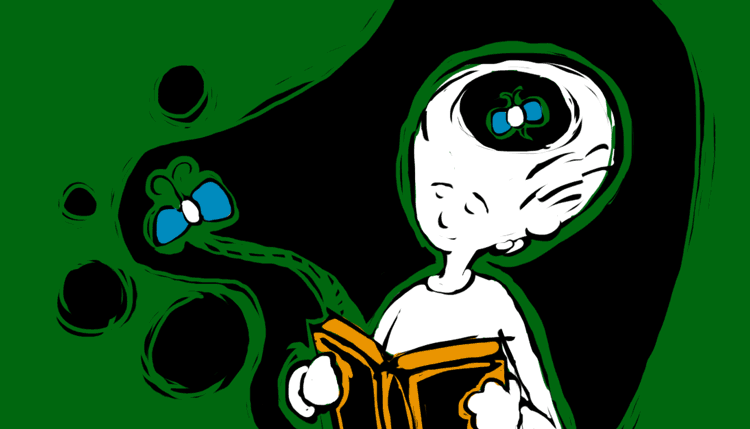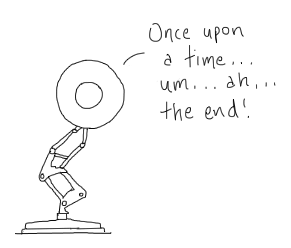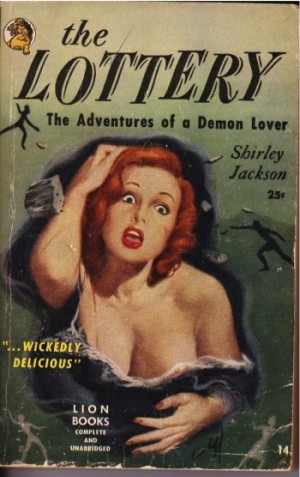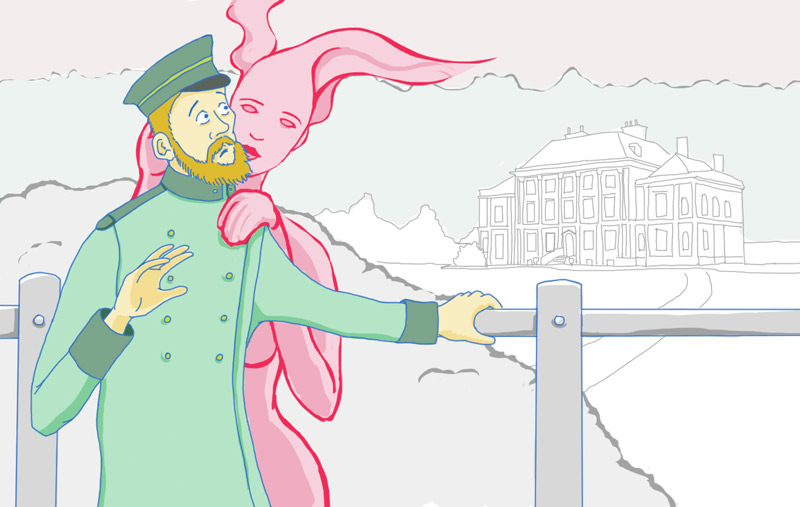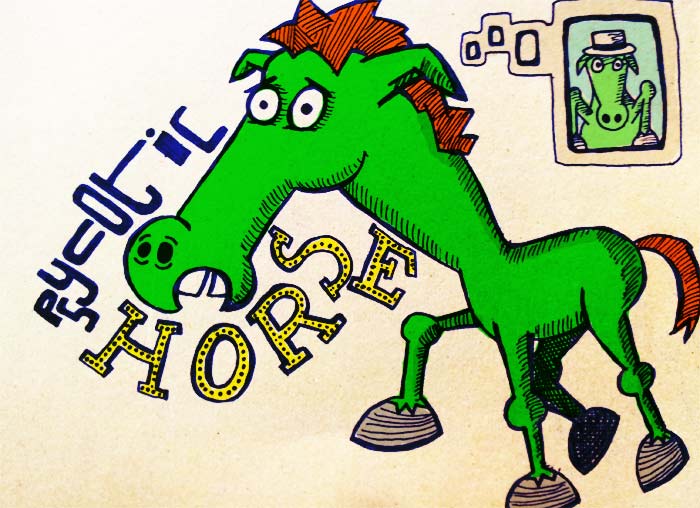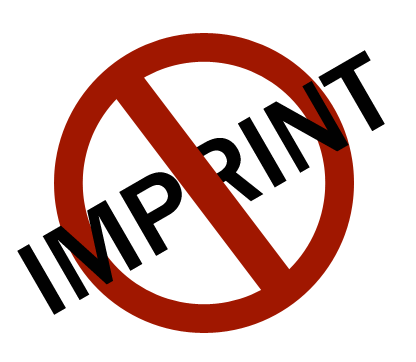Creative writing ideas can come to you at the most irregular moments: in the shower, at 3 o’clock in the morning, or in those moments before you’re about to run a red light and hit an elderly pedestrian. Does this sound familiar?
Perhaps you keep a notepad in your top pocket and diligently scribble down musings and interesting observations before they can tumble back into your subconscious. Or, if you’re like me, you let the idea roll around the human fairy floss machine (brain) and wait to see something sticks.
But waiting for creative moments to happen themselves is frightfully inconvenient, particularly when you have a deadline. In these situations, the only inspiration that is likely to descend from above is the one attached to your boss’s arm – and it won’t be inspiring at all really.
Inspired Googling
Picasso once said inspiration “must find you working”. I agree with this statement but would extend it somewhat by saying that inspiration, particularly for copywriting, can also be googled.
Jay Abraham, who makes his bread coming up with ways to make more bread, suggests a method which I believe many people use already (I know I do): simply head to the places where they’ve already done the hard work – Amazon for example – and study the headlines of the top 100 best-selling items for your particular keyword or topic. Look at the cross-promotions, summaries and subheadings and write them down. Find out what you can use and how you can apply it to your work. Then ask yourself: How are people motivated by this copy? What is it they want from this product? Don’t worry, you don’t need to answer these questions yourself, just bear them in mind when you read the user reviews. Because user reviews, and arguably much user-generated content around the web, are veritable gold mines for writers because they often tell very plainly and honestly what people find good and bad about an item.
You can hear him speak about this method: Jay Abraham on Copywriting
Take a book. Oh, I don’t know, something like ‘Fifty Shades of Grey‘ by E.L. James. The product description opens as follows:
Romantic, liberating and totally addictive, “Fifty Shades of Grey” is a novel that will obsess you, possess you, and stay with you forever.
Okay, that sounds like an inviting deal, although I am wary of anything that claims to have powers of ‘possession’. Let’s take a look at some of the 10,500 reviews that have been published. Five star and one star ratings were at the time of writing roughly even. I picked three random reviews from each group. The fivers said:
These books rock!!! Yeah yeah yeah there’s a soft porn theme here, but the bulk of this series is about a love story!! Period.
Jaw dropping, “holy cow!!!”. Intriguing book, couldn’t stop reading.
This book was great and kept the reader interested right from the beginning.
And now, just because we can, the oners:
I started this book only to see what the hype was all about and I still can’t figure it out.
The only thing this book has going for it is remarkable marketing. Seems unfair so much money can be made from such talentless writing.
Sorry, but this book was one of the most boring books that I have ever read.
What are these reviews telling us about a product we have probably never used or seen ourselves? That there is definitely a theme of fascination and dramatic tension, a.k.a ‘a pager turner’, which is captivating fans. We’ve got love – something soft and tender – and sex, which we all know is guaranteed to arouse some sort of interest.
What to do with the copy-booty
So taking sentences from just six reviews we could come up with a twitteresque strapline of:
A romance that shudders with sexual potency, “Fifty Shades of Grey” is a novel that will haunt you at every turn of the page.
It might not be fabulous copy nor will it make you want to buy the book (I certainly hope not), but the exercise is to describe something by exploiting elements (in our case love, sex and captivation) that represent emotions of real people. By using characteristics and actions related to these emotions such as “shudder” to suggest sexual ecstasy, we can animate our ideas even more.
How may we then use the bad reviews to effect? Obviously we’re not going to write that the book is a complete waste of time and implore the reader not to purchase it. However scathing reviews also provide insight into the product and sometimes hint at areas we have to avoid. Stating for instance that ‘Fifty Shades of Grey‘ is the most important literary work of the decade might go down well with the fivers, but given that 50 percent of readers hated it, we would be going a little too far. Sometimes even copywriters need a dose of reality.
So whenever you have a case of writer’s block or just need to tease out more information on what your audience actually needs, get your arse to Mars! No, wait, I mean learn from those who have more money than you. They can afford it.
